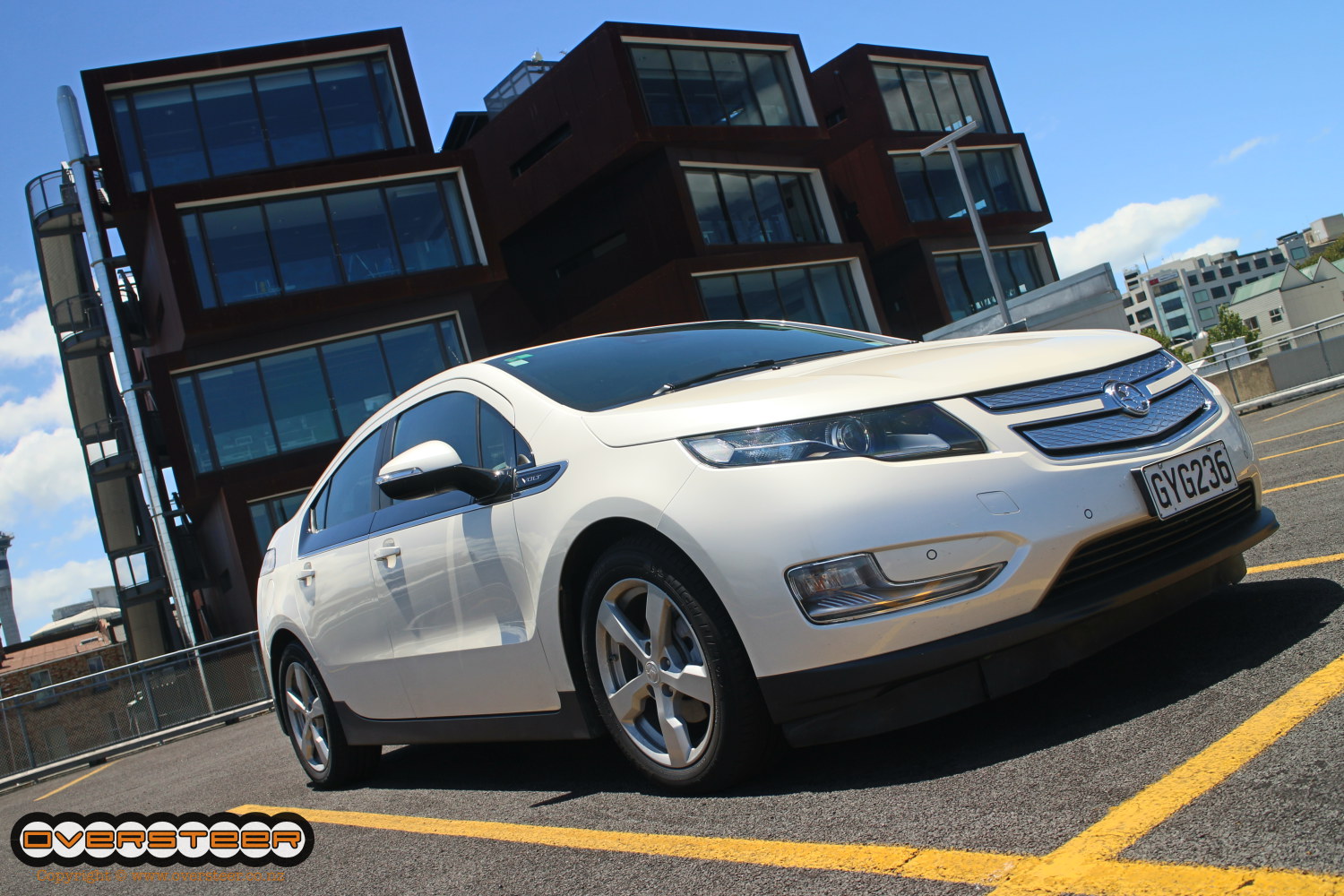We have now finished our time with the Holden Volt, so it is time for a wrap up of our final thoughts on it.
The first thing you notice when you hop back into an “ordinary” car after just driving a Volt for almost a month is how smooth the Volt actually is. With no gear changes, no vibration through the drivetrain and its utterly linear power delivery the Volt makes all but the smoothest of combustion-engined cars seem coarse by comparison.
The other thing you notice when you hop back into an “ordinary” car with a great engine note is how much you have missed the sound of a good engine on full song and the feel of a good gear change…
That said, the Volt was actually a lot of fun in its own weirdly silent way.
Around town it was a wonderful car to both sit in traffic in and blast silently away from the traffic lights. Out on the open road it was comfortable and more than quick enough and in terms of handling, it was a fantastically surprising package.
But here is the big question – is the Volt worth buying?
We haven’t touched on running costs yet, mainly because the power bill spiked by more than $80 during the time I had the Volt, and I am more than willing to give the Holden the benefit of the doubt here – there is simply no way it could have been solely responsible for that much of a jump in the three weeks I had it. Especially considering for more than one week of that time I wasn’t even at home with it…
This aside, the Volt’s potential savings in running costs is substantial if – and this is a big “if” in this country – you use it mainly for running around town. Using electricity only will save you decent money on running costs, but then the fairly hefty asking price in the first place means you will need to do some pretty big yearly mileages to make it worthwhile. All around town, remember, in 50 to 70km burst between charges…
If you do large distances on the open road, then the Volt is not much better or worse than a conventional diesel car. Again, the Volt’s asking price works against it – for $75,000 you can also buy a BMW 320d that is far better equipped, faster and boasts a minuscule fuel consumption figure of 4.5L/100km combined average – suddenly the Volt makes less sense…
During our time with the Volt we travelled 1013km and used 26.6 litres of fuel, returning an average consumption of 2.6L/100km. Making a fairly well calculated estimate of the electricity costs (I won’t bore you with the maths… there was a bit of guessing involved as well…) I would say it cost around $90 to cover that distance, which, as it works out is roughly the same as the diesel BMW would cost to cover the same distance (including RUCs.)
However it IS around town that the Volt is supposed to make more sense and the open road ability and range is just a bonus that other electric cars can’t actually offer. Looking it it that way, then the Volt becomes a lot more appealing.
Covering the same distance around town only would cost about $20 to $25 extra in the BMW, taking the total up to around $115, while in the Volt it would cost you around $50. In total. Providing you charged it every day.
The Volt has massive appeal in an emotional sense as well, and whether we admit it or not, this is a big part of why we purchase a particular car. Think of the Volt as the ultimate tech toy and you start to understand its appeal. It is like a top-end smart phone that costs far, far more money than something that we really only need to make phone calls and send text messages with ever should, but it is so packed with clever, tempting, shiny new features that we just have to have it. We are the early adopters.
I am one of these tragic individuals and I happily admit that. I have been burned my fair share of times by buying something exciting and new that was actually crap, but I have also fallen completely in love with a lot of the new technology I have been compelled to spend more money than is really sensible on.
Fortunately, the Volt is very much in the latter category. It makes a lot of sense when you use it as it is supposed to be used, but it is more than capable of being used outside of those parameters as well.
In terms of actually saving money, it is questionable and depends entirely on how you use it. In terms of saving the planet, like hybrids that is even more questionable.
But in terms of a fascinating and remarkably complete tentative step into the future of the motor car and as the ultimate early adopter toy, it is almost irresistible…


